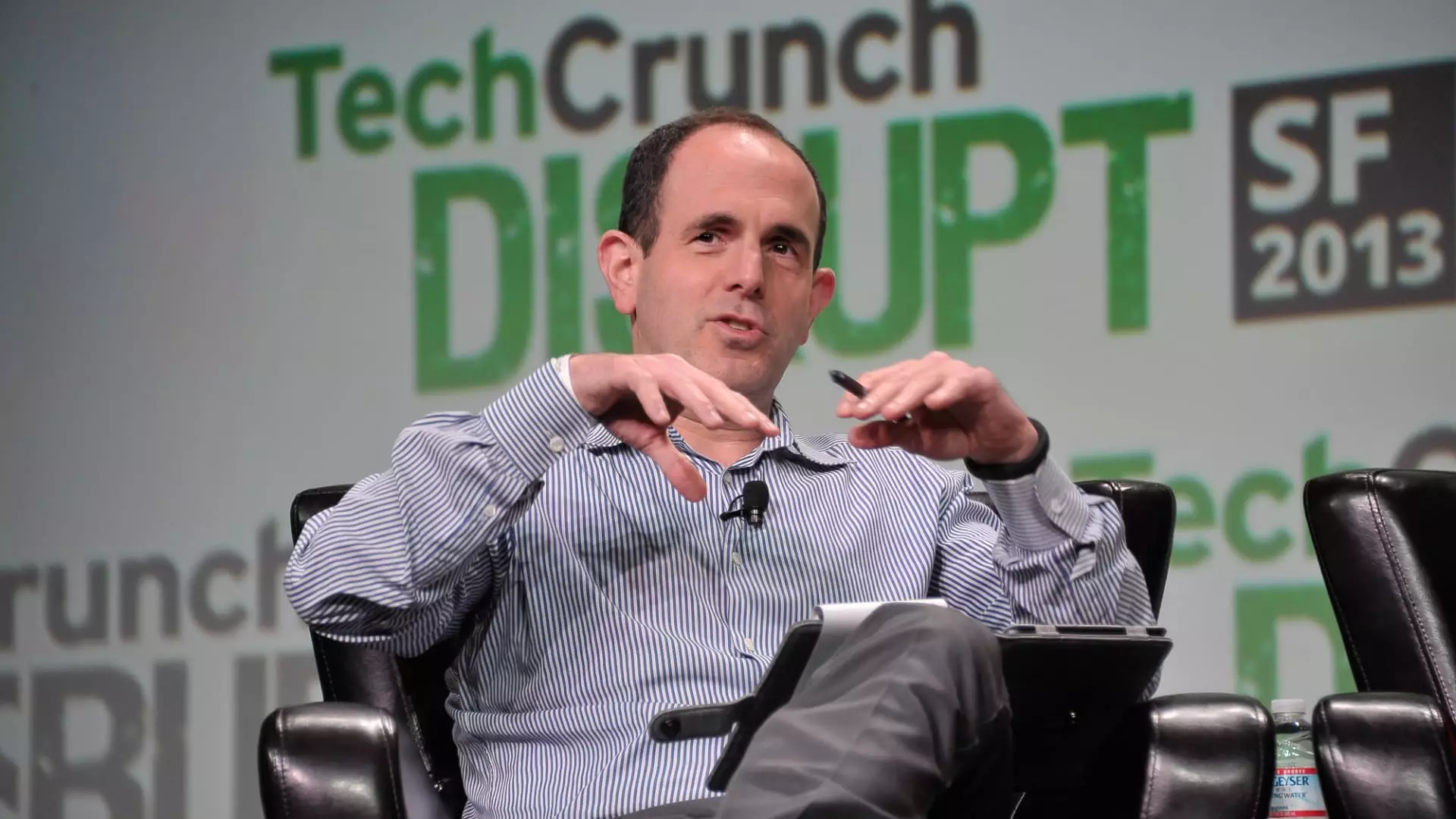Keith Rabois’s recent declaration that remote work and an oversized workforce are poisons threatening Opendoor’s future can be seen as a reactionary backlash against modern workplace evolution. Instead of acknowledging the undeniable benefits of flexible work—greater talent access, increased employee satisfaction, and adaptation to a rapidly changing economy—he clings to the misguided belief that in-person presence is the sine qua non of innovation. Rabois’s stance appears more rooted in desire than necessity, revealing a bias towards traditional corporate culture rather than strategic foresight. His push for immediate headcount reduction, claiming the company “doesn’t need more than 200 employees,” reeks of superficial austerity rather than a nuanced understanding of competitive agility. Such drastic cuts could hinder the very innovation Opendoor claims to prioritize, turning what should be a strategic review into a reckless power grab masked as decisive leadership.
Feeding the Illusion of Transformation Through Crisis and Reckless Stock Moves
The recent surge and subsequent dip of Opendoor’s stock—up nearly 500%, then retreating by 12%—highlight an obsession with short-term market psychology rather than sustainable growth. Investors, drawn in perhaps by speculative hype and aggressive chatter from hedge fund supporters, have yet to see a fundamental turnaround in the company’s core operations. Opendoor remains a high-cash-burn, low-margin enterprise caught in a vicious cycle of flailing strategies and culture wars. Rabois’s promise to “return to our roots” and his attack on remote work and DEI initiatives reveal a nostalgia-driven retreat rather than innovative adaptation. Such rhetoric signals an indifference to the wider societal and economic forces shaping the future of work and real estate—forces that demand flexibility, inclusivity, and forward-looking strategies, not nostalgic reactions and layoffs.
The Danger of Culture War Rhetoric in a Modern Economy
Framing the company’s challenges as products of “a broken culture,” Rabois directs attention misleadingly away from systemic issues like market demand, scalability, and operational efficiency. His dismissive attitude towards diversity, equity, and inclusion initiatives suggests an insensitivity to the social realities that are integral to building resilient, innovative organizations today. Moreover, his focus on returning employees to physical offices—despite widespread evidence of the productivity and well-being benefits of remote work—betrays a reactionary blueprint rooted in personal bias rather than strategic necessity. By promoting this divisive narrative, Rabois risks alienating talent, missing out on global opportunities, and undermining the very culture he claims to want to restore. In a hyper-competitive world, stubbornly clinging to outdated ideals is not leadership; it’s obstruction.
Strategic Vision or Personal Power Play? The Real Question for Opendoor
Ultimately, Rabois’s aggressive pruning and nostalgic policies appear less about transforming Opendoor into a resilient, innovative company and more about consolidating his influence and upholding a limited vision of corporate culture. The decision to cut a vast majority of staff—most of whom, he admits, he doesn’t know what they do—reflects a lack of strategic clarity. It risks dismantling the very foundation of the company’s innovative potential. Real leadership would involve leveraging the company’s technological edge, embracing flexible work models, and fostering an inclusive environment that attracts top talent. Instead, what we see is a hurried, reactionary attempt to placate investors through superficial cuts and outdated cultural dogmas, jeopardizing Opendoor’s long-term viability in a rapidly evolving market.

